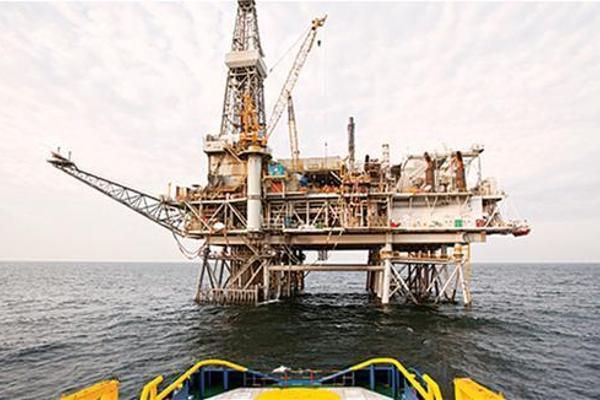Azerbaijan extends BP’s deal for giant oilfields until 2050
BAKU - Reuters


The existing production sharing deal was due to expire in 2024 and talks to extend it have been slow because of disagreements between partners in the BP-led consortium, sources told Reuters earlier this year.
The extension of the Azeri contracts adds to the flurry of deals BP signed in recent weeks, including buying stakes in gas exploration areas off the coast of Mauritania and Senegal, and renewing an onshore oil concession in Abu Dhabi.
BP said the consortium and Azeri state oil firm SOCAR on Friday signed a letter of intent to continue developing the giant Azeri-Chirag-Guneshly (ACG) offshore fields until 2050.
It said it had agreed the key commercial terms for the future development while the deal was due to be finalized in the next few months.
The shareholders in the consortium include BP, Chevron , INPEX, Statoil, ExxonMobil, TPAO, ITOCHU and ONGC Videsh.
“ACG is known as the ‘Contract of the Century’. It is very important to Azerbaijan ... We can now look ahead to many more years of ACG’s success,” the statement quoted SOCAR’s president Rovnag Abdullayev as saying.
The existing deal was signed in 1994 and became the first successful agreement between a former Soviet Union republic and oil majors to develop energy resources. BP said the new deal will bring many thousands of jobs in the years ahead.
BP came under fire from Azeri President Ilham Aliyev earlier this decade when the country’s leader criticized the oil firm for lower than promised output levels.
With current output of 620,000 barrels per day, the fields have produced a total of over 3 billion barrels of oil since the start of the project, with around $33 billion of investment. Their remaining reserves are estimated to contain several more billions of barrels of oil.
